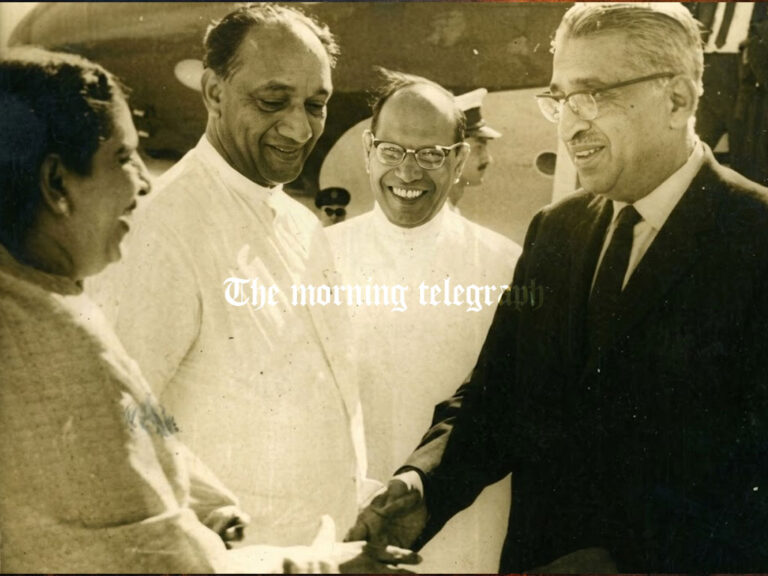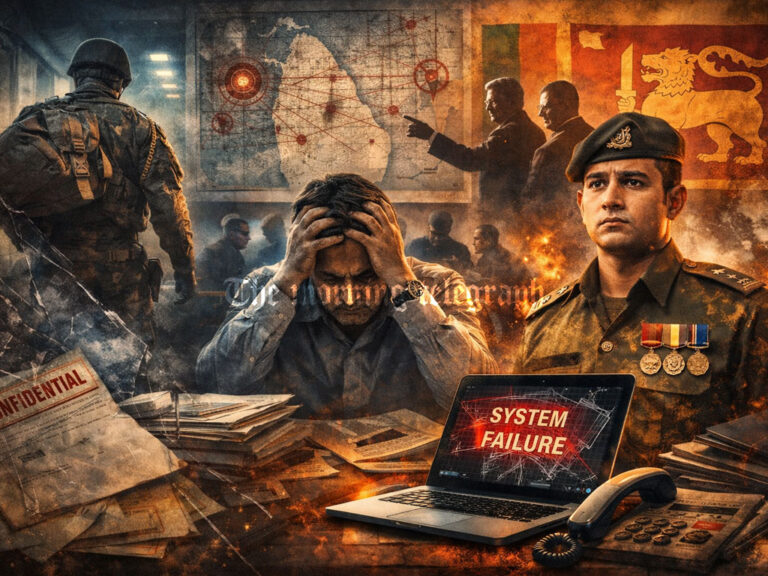
As NATO leaders convene in Washington this week, the focus is undoubtedly on the crucial matters of global security and cooperation among member states. However, while these high-level discussions unfold, a different and far more desperate reality is playing out 5,000 miles away.
In Ukraine, the conflict continues to rage with devastating consequences for its civilian population. As NATO deliberates on strategic responses and military support, Ukrainians are living through a daily nightmare of bombings, displacement, and uncertainty. For them, the outcomes of these meetings are not mere diplomatic agreements but matters of life and death.
The recent escalation of Russian missile attacks, including a horrific strike on a children’s hospital, underscores the urgent need for decisive action from NATO. President Zelenskyy’s pleas for more substantial and immediate support highlight the disparity between the diplomatic pace of decision-making and the on-the-ground urgency. The images of doctors and nurses pulling children from the rubble, while harrowing, are a stark reminder of what is at stake.
Meanwhile, in Afghanistan, the humanitarian crisis deepens as the Taliban tightens its grip. The country’s infrastructure is collapsing, leading to widespread famine and disease. The international community, including NATO, faces mounting pressure to address these humanitarian needs while balancing the geopolitical complexities of engagement with the Taliban regime.
Moreover, the situation in sub-Saharan Africa, particularly in regions affected by terrorism and insurgencies, presents another front where NATO’s influence and assistance are desperately needed. Countries like Mali and Nigeria are battling extremist groups that threaten regional stability, and their calls for international support often seem drowned out by the louder geopolitical conversations.
The NATO summit in Washington is a critical moment for reassessing strategies and commitments. However, the leaders gathered must remember that their decisions resonate far beyond the conference rooms and press briefings. The desperation felt by those 5,000 miles away—whether in Ukraine, Afghanistan, or other conflict zones—should be at the forefront of their minds.
NATO’s commitment to collective defense and international stability must translate into tangible actions that alleviate the suffering of those caught in the crossfire. This means not only providing military support but also addressing the humanitarian crises that fuel further instability. Comprehensive aid packages, strategic diplomatic engagements, and robust peacekeeping efforts should be part of the agenda.
As the world watches the outcomes of this summit, the true measure of success will be the difference it makes on the ground. For the people living in desperation, the hope is that NATO’s leaders can turn their high-level discussions into meaningful actions that bring relief and hope to those who need it most. The distance between Washington and these conflict zones may be vast, but the decisions made this week must bridge that gap, showing solidarity and support where it is most desperately needed.




